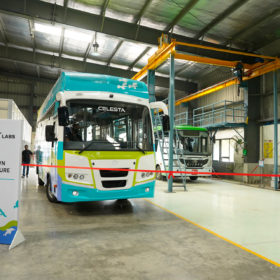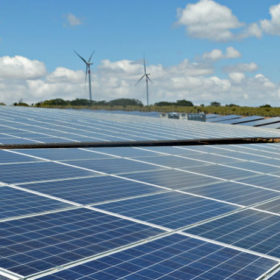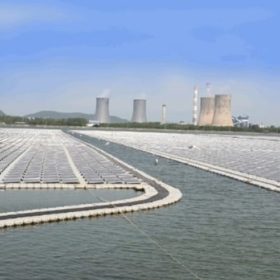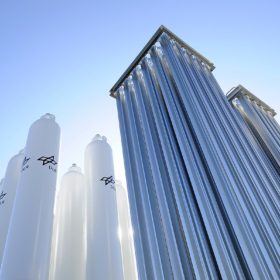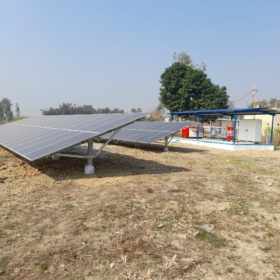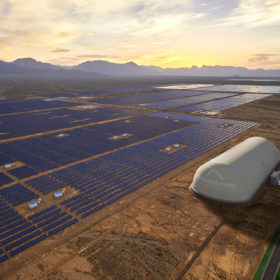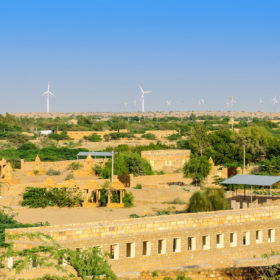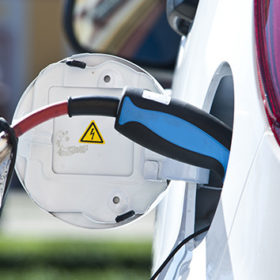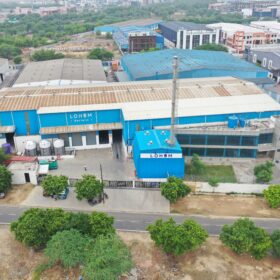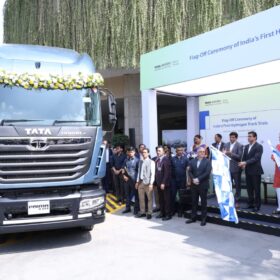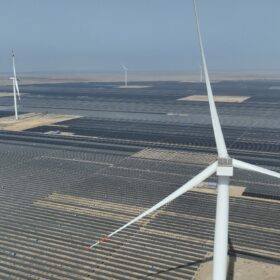Draft of National Green Hydrogen Mission under inter-ministerial consultations
The mission envisages commercial production of green hydrogen production in the nation from the financial year 2025-26 onwards.
Hydrogen fuel cell bus made in India
Sentient Labs has launched a hydrogen fuel cell bus that runs on an indigenously developed hydrogen fuel cell and electric powertrain. The hydrogen fuel cell was developed in collaboration with the National Chemical Laboratory (NCL) and Central Electro Chemical Research Institute under the aegis of the Council of Scientific and Industrial Research.
How round-the-clock renewables point to optimum use of energy generation and infrastructure
Amid the troubles of the coal-dominated grid, variable renewable energy has a place in ensuring reliable supply
NTPC awards India’s first green hydrogen microgrid project
The project would be a test case to assess the potential of solar-powered hydrogen to displace costly and polluting diesel-based energy generation systems in far-off regions of the country like Ladakh and Jammu & Kashmir.
Electrolyzer ramping from 0 to 50,000 amperes in less than 10 seconds
Developed by Canada-based Hydrogen Optimized, the electrolyzer can be used to stabilize electrical grids and optimize energy recovery from intermittent renewable power sources such as solar and wind. Furthermore, this week four more big international partnerships for developing green hydrogen were announced across Germany, the Middle East, and Australia.
Microgrids make sense for Indian cities
Microgrids that use on-site renewables such as rooftop solar can help relieve peak demand on the grid during afternoons, and later in the evenings through battery storage. This can help power distribution companies (discoms) avoid buying expensive power to meet peak demand.
Storing solar power with compressed carbon dioxide
An Italian company has developed a system that can store energy from wind, solar and grid electricity by compressing and using CO2 without any emissions. The system draws CO2 from an inflatable atmospheric gas holder, stores it, and uses it to produce power again, when demand for stored energy arises.
India’s clean power target will double electricity supply economically if low-cost storage is deployed
Berkeley Lab report finds historic lows in clean energy prices position India to transform electric system
Analyst predicts 2030 bidding war for dead EV batteries
A lack of end-of-life batteries this decade is likely to play into the hands of Chinese recyclers located near most of the world’s production facilities, according to analyst WoodMac, but might at least help rebalance the current situation in which new products are cheaper than recycled ones.
L&T, ReNew Power partner on green hydrogen business
EPC contractor Larsen & Toubro has partnered with renewable energy developer ReNew Power to develop end-to-end competitive solutions in green hydrogen.

